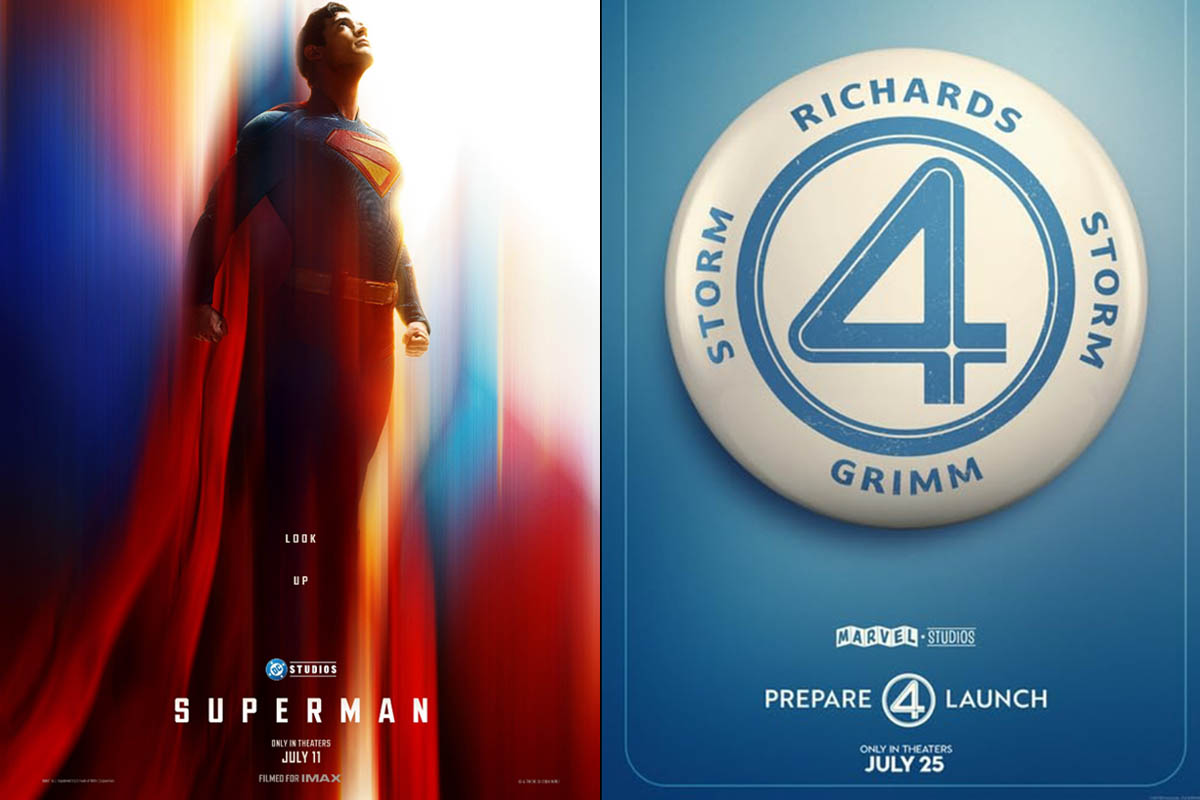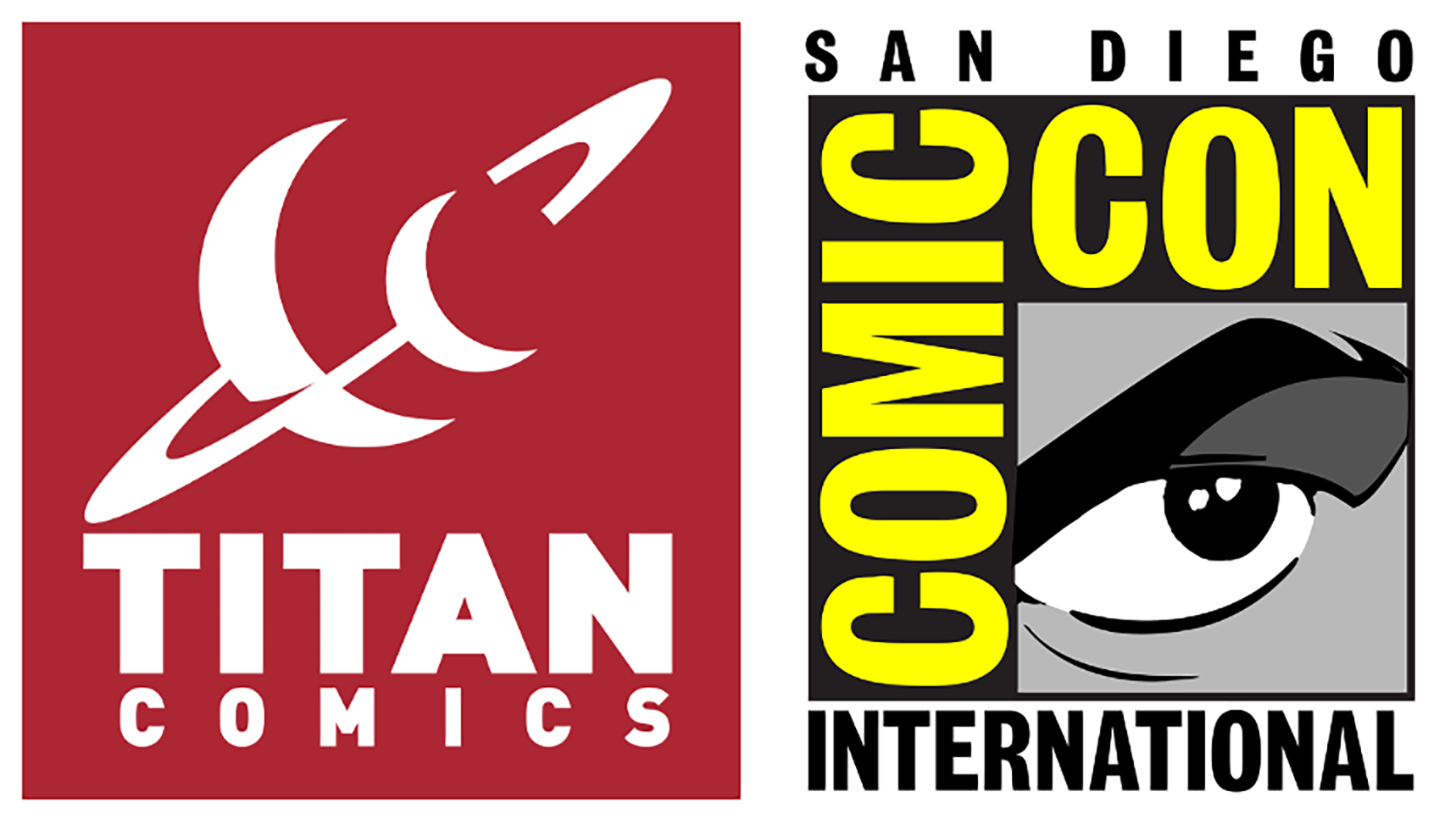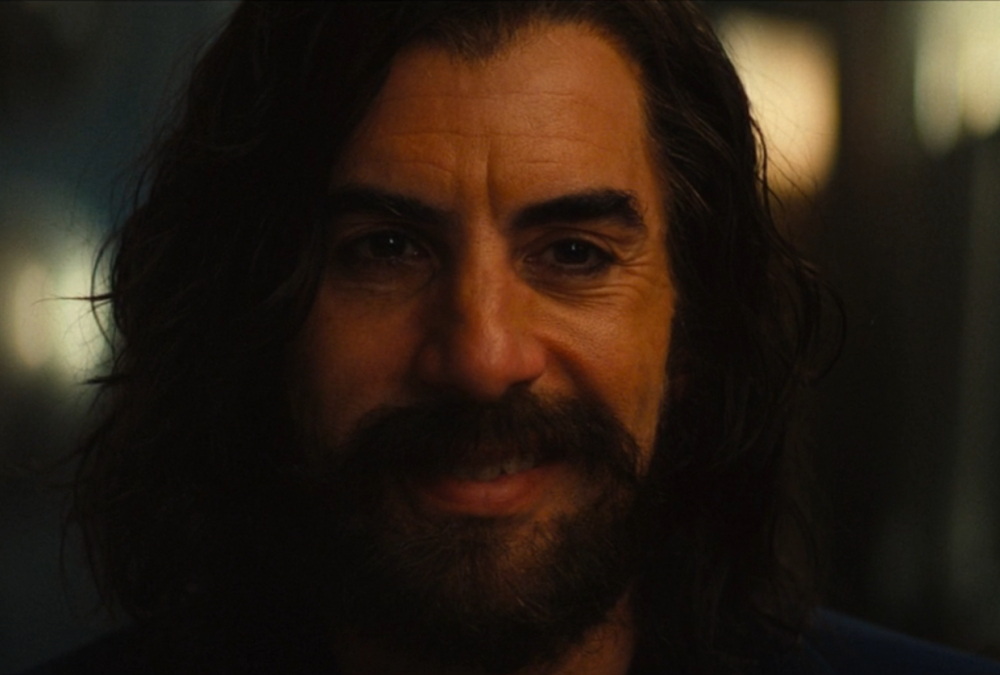EXCLUSIVE: We’re less than a week away from Marvel’s latest film, Black Panther hitting theaters, and in anticipation of that, we were able to attend the press junket, where we spoke with much of the talent involved in the process.
One such talent is Joe Robert Cole, a fairly new face to the industry. Though he has worked on such series as American Crime Story, Black Panther marks both his first big budget film and his first superhero film. Not only that, but in our talks, he admitted to not being much of a comic book guy, which is very interesting considering how many of those involved are huge fans of the source material. However, when all said and done, it seems to have added an extra dose of grounded realism to an otherwise bombastic film.
Check out our full interview with Cole below!
Was yesterday (The “Black Panther” premiere) the first time you saw the film?
Cole: No, it’s this summer. I’ve seen about 7 cuts of it. The final one I saw a little bit ago. But this was the first time I’ve seen it in a theater with people. It was unreal. I’m still processing.
This is your first comic book movie. How did you go about tackling it as a writer?
Cole: Well, there were some things that we wanted to explore. We read all of the runs, we read every run and got inspiration from them all. Then tried to place them into a contemporary story and explore the themes that we felt were relevant, bridging African-American and African. Thematically, thinking about being your brother’s keeper, that’s a theme that we wanted to talk about. There were different themes that we wanted to talk about. We used the story as a context to explore those things and figure out what the story would be that would be fulfilling in terms of that.
How did you go about mixing the high tech stuff with the more traditional aesthetic? Was that something that was done on your level in writing?
Cole: Yeah, I think the production design, the costumes, all of that is just so inspired. We really wanted to root Wakanda in real-world Africa. Extrapolate out from there with technology, with mysticism, costume, and the design of the movie. That was our approach in world-creating and world-building and we’re proud of what was accomplished.
Which part would you say was more challenging because Wakanda had the snow region, they had the high-tech, it had the greens, the forest. That’s a lot of creativity.
Cole: Well, our production designer, Hannah, everybody … it takes a village. We knew what thematic was. [Director Ryan Coogler] is leading the charge in all this. We’re all fluidly working together to create what this new place that people have no idea. It was a clean slate; it allowed us to look at some very real-world specific African cultures and take the essence of some of the elements of them and extrapolate out how would technology advance if it had not been influenced by western civilization. It started here with let’s use this, how did it happen, how would that … you think about the sand car, the different things that are much more unique. We really look for those things and we wanted to have different environments, I mean it’s a whole country, so we didn’t want everything to look like one thing. We went about talking about the different regions and defining those, and who lives in those, and all of that stuff.
Was there any scene from this movie that you felt was particularly challenging as a writer?
Cole: I think the whole movie, it was a challenge to find the right balance of a movie that’s really entertaining and has all of the elements that are signature of what a Marvel film is and also to approach it in a meaningful way, and to find a story that has substance also to it. I think finding that balance is a process of investigation and trial and error and figuring things out. I think the movie, really we’re proud of it, I think just finding that balance overall was a challenge. That goes for writing it and also in terms of shooting it, and cutting it, and all of it.
I really loved the more traditional aspects you brought into the film. That’s one of the things that I think makes it different.
Cole: Yeah, we did a lot of research. The idea of really researching and really trying to understand the cultures and the nations that truly existed real-world Africa and the people. Trying to root ourselves there and take that as our foundation and to do it in an honest and fair and authentic way was what we were trying to do. Start at that foundation, and then build out. That wasn’t just me as a writer; that was the mandate of what Ryan imagined. We all were agreeance of it, but he led the charge in terms of that’s how we wanted to find what Wakanda was.
Well, I think it’s a plus because many people aren’t too familiar, not too big on superheroes, so this just brings a whole other group of people. Which I think is pretty awesome. What was the first comic book you’ve ever read.
Cole: I’m not a big comic book reader.
No? So you’re like that group that’s not very familiar.
Cole: Yup, I wasn’t a big comic book reader growing up. I read some of the Christopher Priest run once I was an adult and I found the Panther character fascinating. I love heroes and antiheroes, I have a natural inclination towards comic book movies. That was more of my introduction to the Marvel universe was through their films. I knew once Captain America: Civil War introduced T’Challa in it, that they would likely be doing a standalone, so I was really excited about that. They reached out to my reps about it and asked if I would be interested and I jumped at it.
Great. Do you have anything that you can share that you have coming up? Projects you’re working on?
Cole: Yeah, I am going to direct a movie later this year that is called All Day into Night, and it puts a face on people our society casts aside as criminals. It’s a human story in a crime genre aesthetic I would say. I’m doing that.
Okay, well thank you for sharing on that.
Black Panther hits theaters on February 16, 2018!
Don’t forget to share this post on your Facebook wall and with your Twitter followers! Just hit the buttons on the top of this page.

 FOR FANBOYS, BY FANBOYS
Have you checked out LRM Online’s official podcasts and videos on The Genreverse Podcast Network? Available on YouTube and all your favorite podcast apps, This multimedia empire includes The Daily CoG, Breaking Geek Radio: The Podcast, GeekScholars Movie News, Anime-Versal Review Podcast, and our Star Wars dedicated podcast The Cantina. Check it out by listening on all your favorite podcast apps, or watching on YouTube!
Subscribe on: Apple Podcasts | Spotify | SoundCloud | Stitcher | Google Play
FOR FANBOYS, BY FANBOYS
Have you checked out LRM Online’s official podcasts and videos on The Genreverse Podcast Network? Available on YouTube and all your favorite podcast apps, This multimedia empire includes The Daily CoG, Breaking Geek Radio: The Podcast, GeekScholars Movie News, Anime-Versal Review Podcast, and our Star Wars dedicated podcast The Cantina. Check it out by listening on all your favorite podcast apps, or watching on YouTube!
Subscribe on: Apple Podcasts | Spotify | SoundCloud | Stitcher | Google Play





